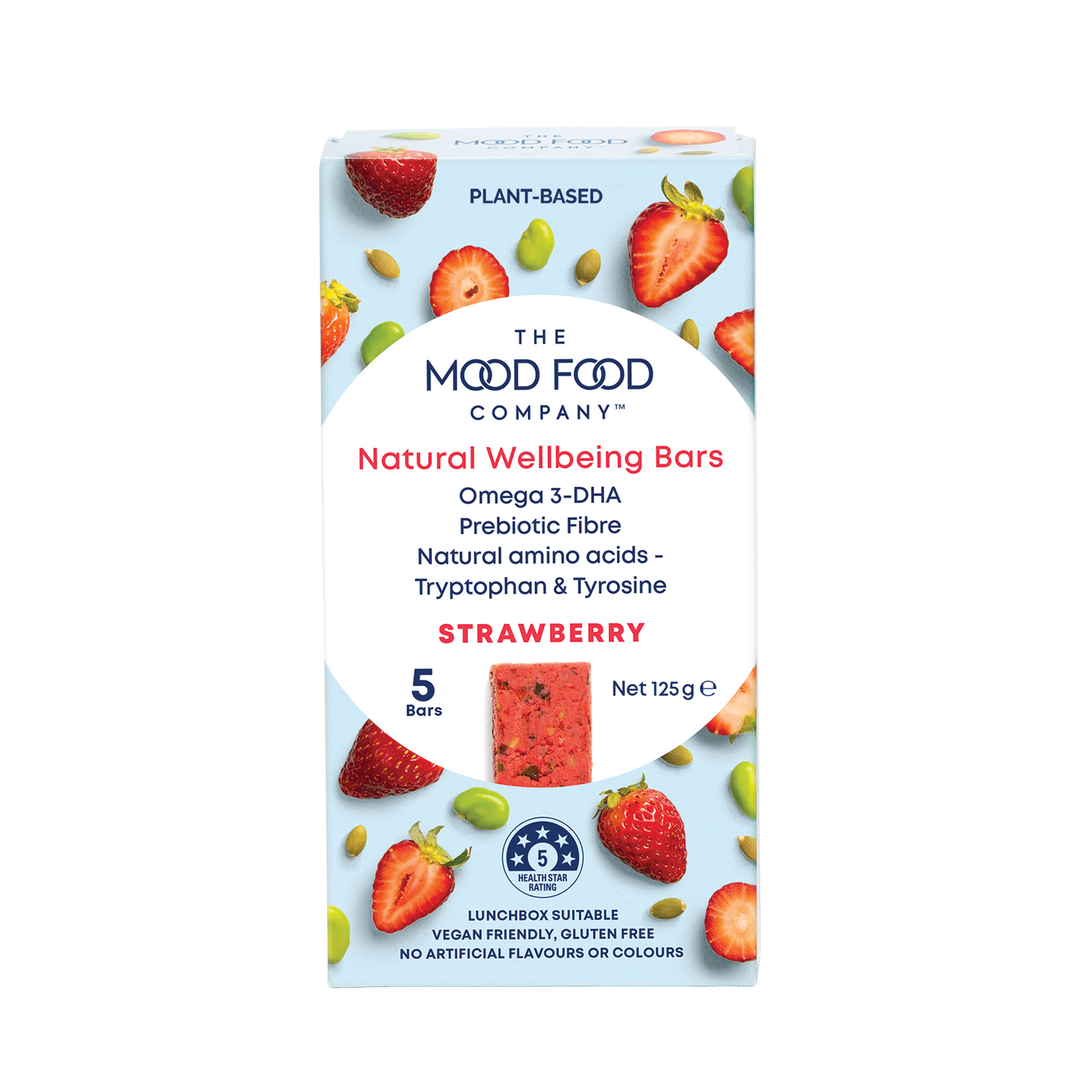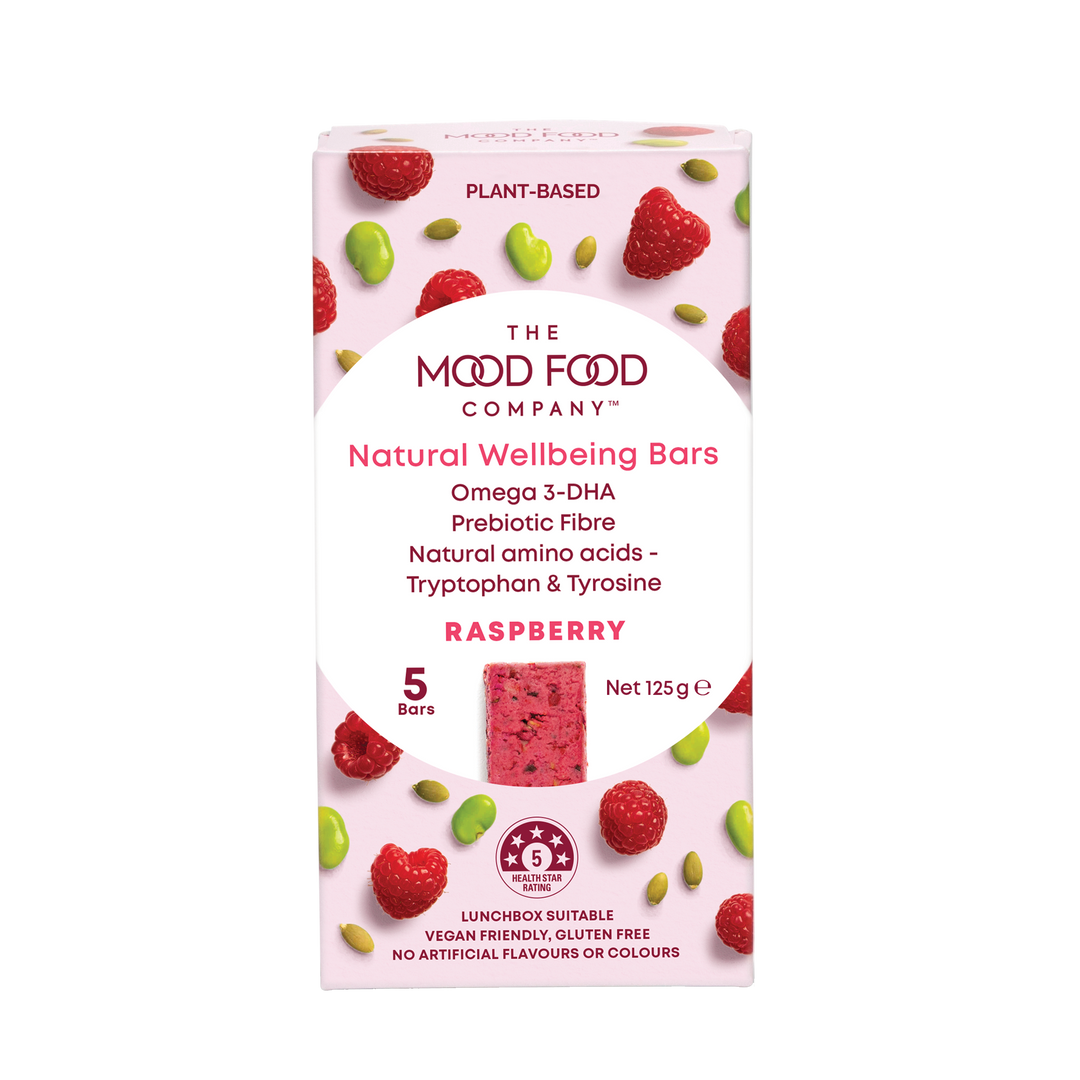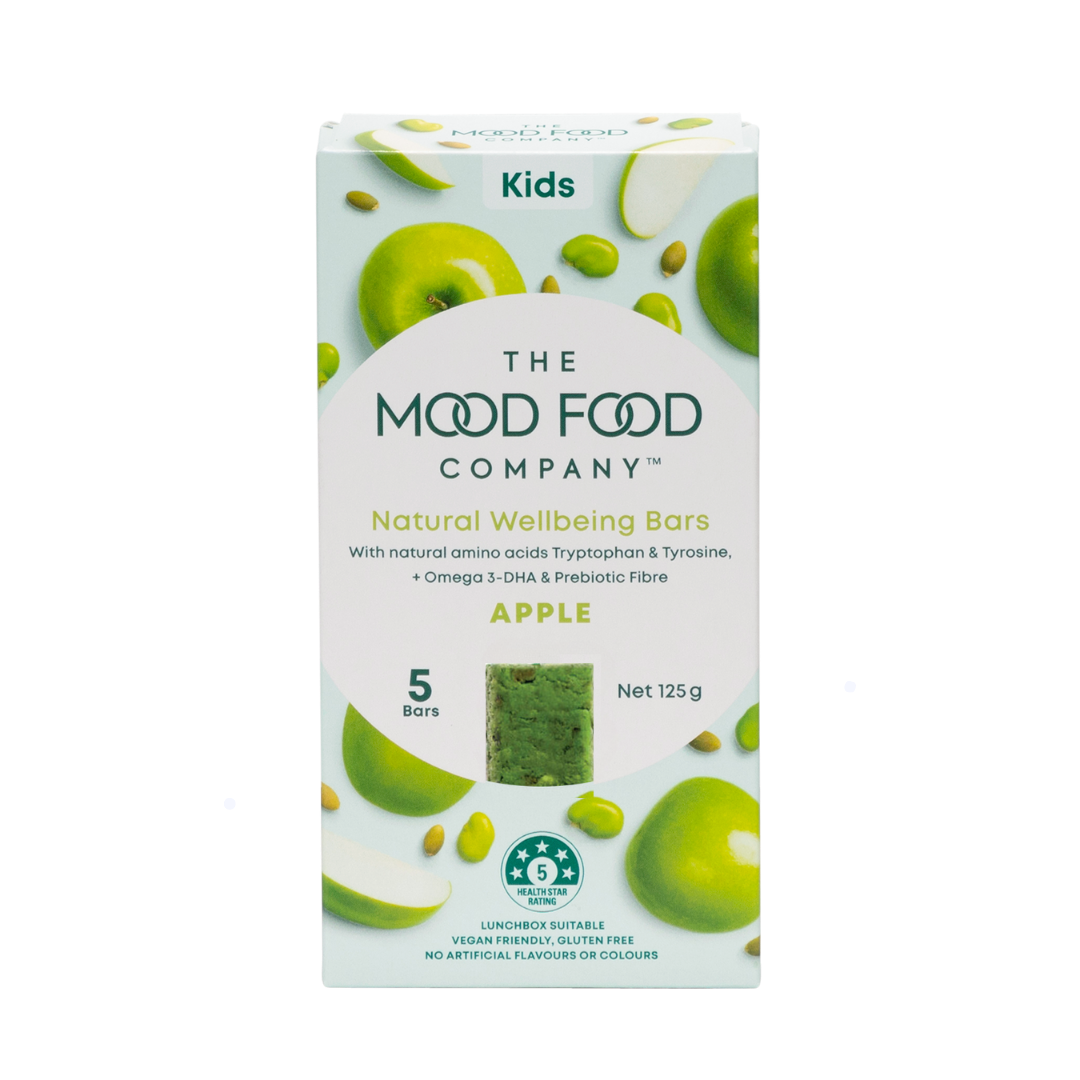Sleep: Why It Matters
Getting enough good quality sleep is vital for our physical and mental health, and without it, we are likely to suffer from a range of negative effects.
One of the most obvious benefits of sleep is that it helps to restore the body. During sleep, our bodies work to repair damaged tissues and restore energy levels. This is why we often wake up feeling refreshed and revitalized after a good night's sleep. Without adequate sleep, our bodies can become weakened and more susceptible to illness.
Sleep also plays a crucial role in our mental health. It can help to reduce stress and anxiety, allowing our minds to relax and unwind. Lack of sleep has also been linked to a range of mental health issues, including depression and anxiety disorders. When we are sleep deprived, we may experience mood swings, irritability, and difficulty concentrating.
In addition, sleep can be important for learning and memory. While we sleep, our brains consolidate memories and process information from the previous day. This means that getting enough sleep can help us to retain information better and improve our overall cognitive function.
There are many factors that can impact the quality and quantity of our sleep. These include environmental factors such as noise and light, as well as lifestyle choices such as diet and exercise.
Here are some of our top food and nutrition tips to help you have a restful night...
1. Cherries
Cherries are a natural source of melatonin, a hormone that regulates sleep-wake cycles. Eating cherries, or better still one of our Restful Cherry Chocolate Bars, before bed may help improve your sleep quality.
2. Kiwi

Kiwis are another fruit that may help with sleep, thanks to their high levels of serotonin and antioxidants. Eating a kiwi before bed may help you fall asleep faster and sleep more deeply.
3. Nuts and seeds

Nuts and seeds, such as almonds and pumpkin seeds are a good source of magnesium and tryptophan.
Magnesium has been proven to aid better sleep, while tryptophan is a precursor to serotonin, which is important for regulating sleep-wake cycles.
4. Leafy greens

Leafy greens, such as spinach and kale, are a good source of calcium, which can help the brain use tryptophan to produce melatonin. Eating leafy greens regularly may help improve sleep quality.
5. Herbal tea

Drinking a cup of herbal tea before bed, such as chamomile, lavender, or valerian root tea, can help calm the mind and promote relaxation, making it easier to fall asleep.
6. Fatty fish
Fatty fish, such as salmon and tuna, are a good source of omega-3 fatty acids, which can help reduce inflammation and improve sleep quality. Eating fatty fish regularly may help improve overall health and well-being, including sleep.
* Always seek the guidance of your doctor or other qualified professionals in regard to questions or concerns you may have regarding your health and wellbeing. You are ultimately responsible for all decisions relating to your mental and physical health and those of your dependents.








